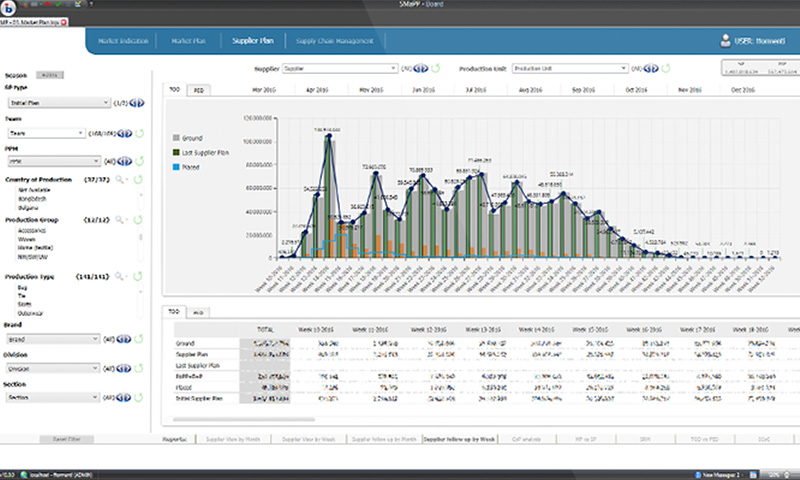6th in the UK for Business and Management courses (The Guardian University Guide 2025)
Business Analytics, which is shaping today’s businesses in dramatic ways, is the process of gathering, analysing and making business decisions from big data, the vast amount of data now widely available. Businesses today use analytics to inform strategy, gain competitive advantage, and improve business decision making. Analysing such data can help improve efficiency, reduce costs, improve asset use, provide real-time logistics management and much more.
This MSc in Business Analytics aims to prepare students to take a leading role in the areas of business analytics and business management. This practical and practice-based programme equips students with the agile, reflexive and critical thinking skills which are vital for success in modern organisations. The programme is based around the two core themes of data analytics and business management. Students will explore how new disciplines centred around business analytics, business intelligence, and big data can be applied throughout the strategic and functional areas of business. The course gives students an immersive experience which will result in a thorough understanding of the challenges and opportunities faced by organisations in the 21st century.
This MSc Business Analytics has high-quality blended learning support and access to excellent learning facilities. Students will be able to use prior experience and certificated learning to gain credits against the programme. Entrepreneurship and reflexive thinking skills are at the heart of this general business management programme. The course is designed to allow students to develop an awareness of modern business practices through practical activities. These activities equip students with an holistic understanding of the impact of data, business intelligence, and business analytics-related issues on organisational business operations, management, and strategy.


/prod01/wlvacuk/media/departments/digital-content-and-communications/images-18-19/iStock-163641275.jpg)
/prod01/wlvacuk/media/departments/digital-content-and-communications/images-2024/250630-SciFest-1-group-photo-resized-800x450.png)
/prod01/wlvacuk/media/departments/digital-content-and-communications/images-18-19/210818-Iza-and-Mattia-Resized.jpg)
/prod01/wlvacuk/media/departments/digital-content-and-communications/images/Maria-Serria-(teaser-image).jpg)
/prod01/wlvacuk/media/departments/digital-content-and-communications/images-2024/241014-Cyber4ME-Project-Resized.jpg)
/prod01/wlvacuk/media/departments/digital-content-and-communications/images-18-19/210705-bric_LAND_ATTIC_v2_resized.jpg)
/prod01/channel_24/courses/media/departments/faculty-of-arts-business-and-social-science/images/marta-rios.jpg)





